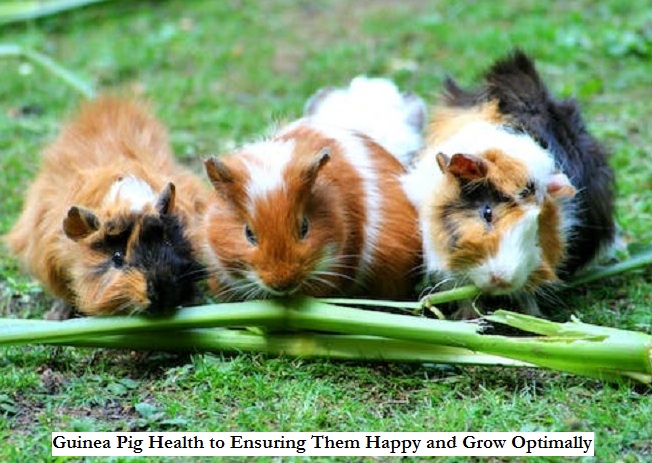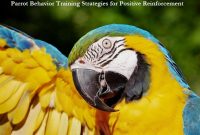Guinea pig health is very important for you to pay attention to. These health factors not only affect guinea pigs physically but also mentally. Therefore, it is necessary to pay attention to the right steps to ensure the welfare of this cute animal.

Ensuring Optimal Guinea Pig Health
Who doesn’t know guinea pigs? This small hamster-like rodent is very popular among animal lovers. Even guinea pigs are often popular pets. To maintain guinea pigs, it is very important to pay attention to their health aspects. Here we will discuss how to ensure the health of guinea pigs care.
1. Food for Guinea Pig
Guinea pig have a high metabolic rate and require constant feeding for health. They are strict herbivores and you should not feed them animal protein. You can feed them hay, vitamin C, pellets, snack fruits, vegetables, and of course water. Make sure to feed your guinea pig the right amount.
Speaking of food, it turns out that corn is not good for guinea pigs. Guinea pig owners who are also corn farmers must be vigilant. Don’t let your guinea pigs eat corn after harvest because they don’t pay attention.
If you eat a little corn, it’s okay. However, if you eat too much, the starch content is not good for guinea pigs. They can have stomach cramps and diarrhea. They can also become weak and powerless.
2. Make Sure Them Get the Right Temperature
Temperature is also an important factor in guinea pig health. With the ideal temperature in the room being around 18-21 degrees Celsius. In addition, it is important to pay attention to the wind. So place it in a well-ventilated area to avoid moisture and also be protected from extreme temperatures.
3. Best Cage Size
If you want them to spend a lot of time in the cage, make sure the animal cage is bigger. The minimum cage size should be 50 inches by 24 inches, which can also be increased by 20%. Also make sure they have good ventilation, a soft sturdy floor, and enough height variation.
4. Bedding or Sheets
You can use paper towels and washable fleece as bedding. Don’t forget to clean the soiled areas daily and change the bedding every 3-4 days. Guinea pig health can help maintain their breathing. Keep the feeding dishes clean as they are usually messy.
5. Medical Needs
Guinea pigs are a prey species and tend to freeze when frightened and hide their symptoms. When checking them for signs of illness, make sure they are in an environment free of stress, unfamiliar sounds, or strange animals.
They do not receive vaccinations, but they do require a visit to the vet at least every 6-12 months for weight monitoring, dental check-ups, heart and lung exams, and other check-ups.
So that health costs are cheaper, we can follow the steps on YouTube The Tiny Herd. One of them is preparing scales at home. This is to ensure we can control their weight at all times. Then the point that is no less important is to prepare styptic powder in case various injuries occur.
6. Guinea Pig Fur and Hoof Care
The guinea pig need their coats combed regularly for health, especially in long-haired breeds that tangle easily. They usually do not require bathing, as they clean themselves frequently. Be sure to discuss with your doctor if you want to bathe them.
Guinea pig nails will also grow with age. They overgrow and become brittle, whereas their nails should be straight and short, not cause them difficulty walking. We need to pay close attention to the guinea pig’s health as they require extra care and attention.
The Importance of Guinea Pig’s Mental Health
Ensuring the mental health of guinea pig is crucial for their overall well-being. Mental health impacts their physical, immune system, and lifespan. Guinea pigs are social animals, and isolation or lack of companionship can lead to stress and anxiety.
Signs of stress in guinea pigs include changes in behavior and physical symptoms. Stressed guinea pigs may exhibit excessive hiding, refusal to eat, or sudden aggression. Frequent vocalizations, like continuous squeaking or teeth chattering, can indicate distress.
Additionally, a stressed guinea pig might groom itself excessively or show signs of lethargy. Providing them with a suitable cage mate promotes social interaction, reducing the risk of loneliness. Ensuring a consistent routine also helps reduce stress, as guinea pigs thrive on predictability.
Regular guinea pig health check-ups are essential to identify and address potential issues early on. Prompt veterinary attention is crucial if signs of stress persist or worsen. Overall, prioritizing the guinea pig’s health is important for creating a happy and also thriving environment for these beloved pets. /Edit



